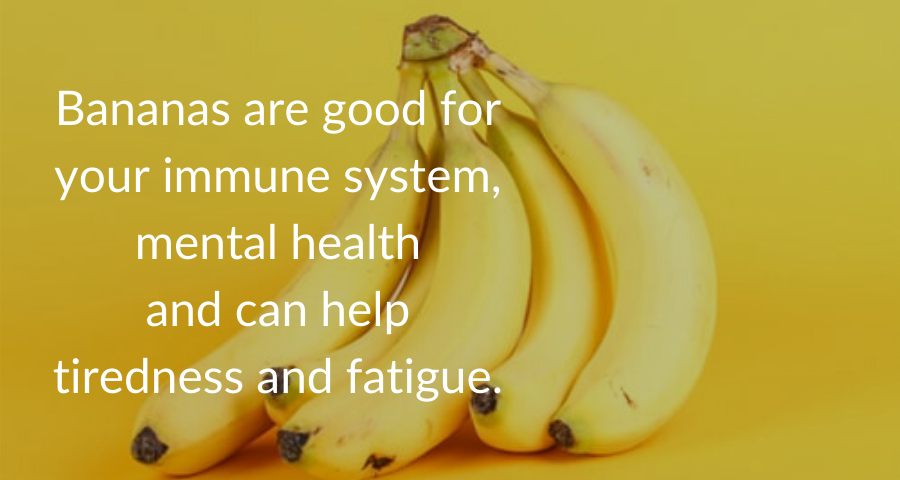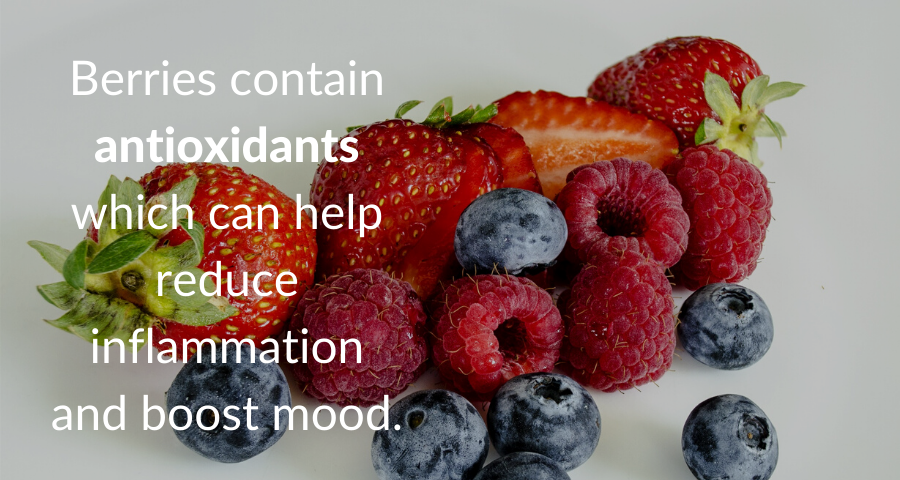The fast-evolving pandemic of COVID-19 has taken people all over the world by surprise. Part of the strategy adopted in response involves social distancing. Humans are a social animal, and long-term isolation or reduced interpersonal interactions take their toll on our mental well-being.
Today marks the fifteenth International Day of Happiness. In a time of global uncertainty, with concerns about health, food, and livelihoods on many people’s minds, staying positive, as well as mentally and physically healthy is important. Many studies over the last decade show a positive link between fruit and vegetable consumption and happiness.
So what do some of the studies say?
Is Psychological Well-Being Linked to the Consumption of Fruit and Vegetables?
This early study highlighted a big gap in the well-being literature around diets and happiness. Using data on thousands of adults from Wales, Scotland, and England between 2007 and 2010, after controlling for confounding variables and trying out seven different measures of mental well-being, compelling evidence of a positive link between well-being and fruit and vegetable intake was presented.
"Our findings are consistent with the need for high levels of fruit-and-vegetable consumption for mental health and not merely for physical health. In some of our regression equations, the coefficients continue to increase up to 7–8 portions a day. In a few they flatten off at, or above, 5 portions a day."
Many apples a day keep the blues away – Daily experiences of negative and positive affect and food consumption in young adults.
This longitudinal study followed a sample of 281 young adults in New Zealand (average age around 20) for 21 days. It confirmed the idea that eating fruits and vegetables was linked to emotional well‐being among healthy young adults, suggesting that healthy foods were driving the positive emotions and not vice-versa.

Evolution of Well-Being and Happiness After Increases in Consumption of Fruit and Vegetables
This larger (and longer) longitudinal study used food diaries from over 12,000 Australian adults recorded in 2007, 2009, and 2013. As it tracked the same individuals at two points in time, it was able to adjust for individual changes in personal circumstances, such as incomes. It further confirmed that increases in fruit and vegetable consumption drive increased happiness, life satisfaction, and well-being. Interestingly, the happiness dividend was said to be similar to happiness gained by getting a job following unemployment.
Healthy food choices are happy food choices: Evidence from a real life sample using smartphone based assessments
This research sought to provide an assessment of ‘in-the-moment’ well-being, looking at not only fruits and vegetables, but other foods, including calorific foods often associated with tastiness and happiness, for instance through ‘comfort eating’. Thirty-eight participants (28 female, average age around 24) used smartphones to assess their reactions in close to real-time over eight days. They found that of the fourteen main food categories, vegetables contributed the largest share to eating happiness, owing largely to their high frequency of consumption among the participants. Sweets were found to provide comparable happiness-in-the-moment to healthier food choices like fruits and vegetables. Interestingly, looking at different types of meals, they found that dinner (often associated with more balanced or healthier foods) elicited comparable happiness to snacking (usually associated with less healthy foods).

Dietary consumption and happiness and depression among university students: A cross-national survey
This is one of the few studies with a wider global representativeness. It is a cross-sectional survey of over 18,000 undergraduates at universities in 28 low and middle-income countries in Africa, Asia, and the Americas . Underscoring the literature already shared, it found:
Healthier behaviour patterns of fruit and vegetable consumption was associated with higher happiness and lower depression scores among university students across 28 countries.
Lettuce be happy: A longitudinal UK study on the relationship between fruit and vegetable consumption and well-being
Published in 2019, this used panel data (following the same people) on UK households collected three times between 2010 and 2017. It showed mental well-being responding in a dose-wise fashion to increases in both quantity and frequency of fruit and vegetable intake.
“Our findings provide further evidence that persuading people to consume more fruits and vegetables may not only benefit their physical health in the long-run, but also their mental well-being in the short-run.”

So what does this mean for us?
The evidence so far suggests a link between fruit and vegetable consumption and happiness. Caveats include that the bulk of the evidence seems to be collected in high-income countries (the study of university students in low- and middle-income countries likely captures wealthier individuals in those settings, given the strong links between income and tertiary education) and that dietary studies are subject to sources of error. The mechanism is also not that clear – what is it exactly about fruits and vegetables that drives happiness? Is it the micronutrient content, displacement of unhealthy food, or something else?
With the growing impact of COVID-19 on people’s physical and mental health, including through economic and food system pathways, it is more important than ever to maintain healthy diets. This is a great opportunity for actors across government, business and civil society to come together to help increase fruit and vegetable availability, affordability, and intake, particularly for the most vulnerable members of our interconnected society.
